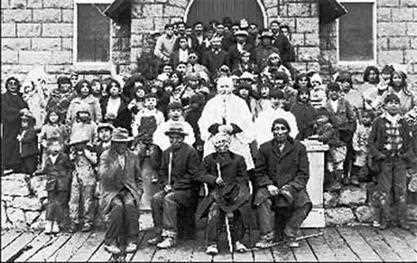Government New Deal Legislation The Supreme Court discovered six of Roosevelt's eight noteworthy New Deal statutes illegal, frequently because of occasions where Congress endeavored to practice the Interstate Commerce Clause in a way not good with the Constitution. In Panama Refining Co. v. Ryan, 293 US 388 (1935), (otherwise known as the Hot Oil Case) the Supreme Court nullified a segment of the National Industrial Recovery Act that controlled the offer of oil based goods amongst states and outside elements.

The Court held that Congress had violated its power by assigning to the President powers not listed in the Constitution. The toppled area of the demonstration denied the offer of oil in abundance of vague state shares, and neglected to set criteria for materialness of the statute.
The Railroad Pension Act made specialists who had been utilized before authorization of the statute qualified for annuities regardless of their not having added to the retirement reserves. What's more, the law included previous representatives who had been let go for cause or who had worked for just a brief term. The Court additionally held that constraining benefits into a solitary, pooled subsidize was out of line to bigger bearers who contributed more than littler transporters, and was not a honest to goodness exercise of Congressional power under the Interstate Commerce Clause. In Schechter Poultry Corp. v. US, 295 US 495 (1935), the Supreme Court found certain legislature forced controls of the poultry business, for example, cost and wage-settling, illegal.
The choice restricted the administration's energy to act under the Interstate Commerce Clause, which it had connected to intrastate business, and negated a bit of the National Industrial Recovery Act of 1933, shutting the National Recovery Administration (NRA) . Huge numbers of the NRA arrangements, for example, setting the lowest pay permitted by law and confining work hours, were effectively reenacted under the National Labor Relations Act (otherwise known as Wagner Act) go in July 1935. In Louisville Joint Stock Land Bank v. Radford, 295 US 555 (1935), chose an indistinguishable day from Schechter, the Court struck down as unlawful a New Deal expansion to the Bankruptcy Act, § 75, the Frazier-Lemke Farm Bankruptcy Act of 1934.
"Cheers"